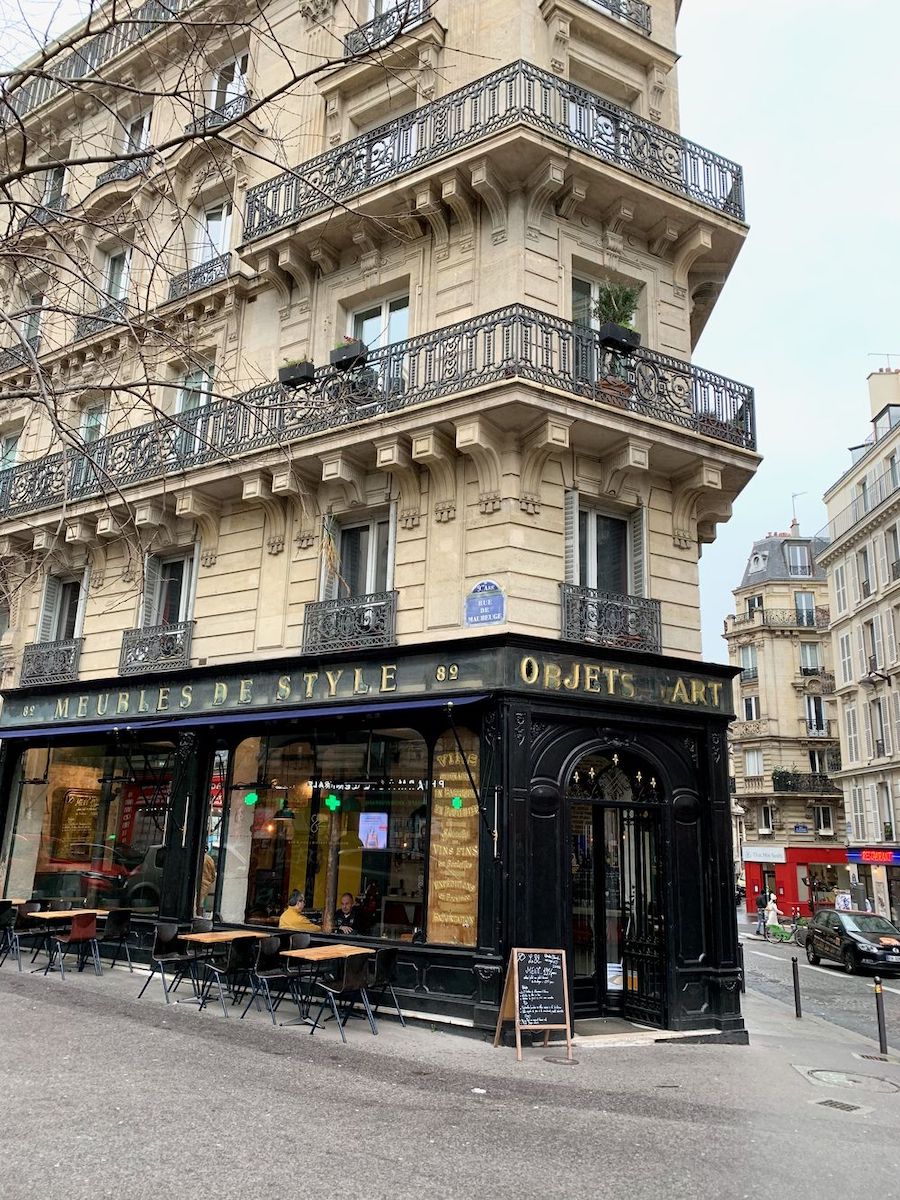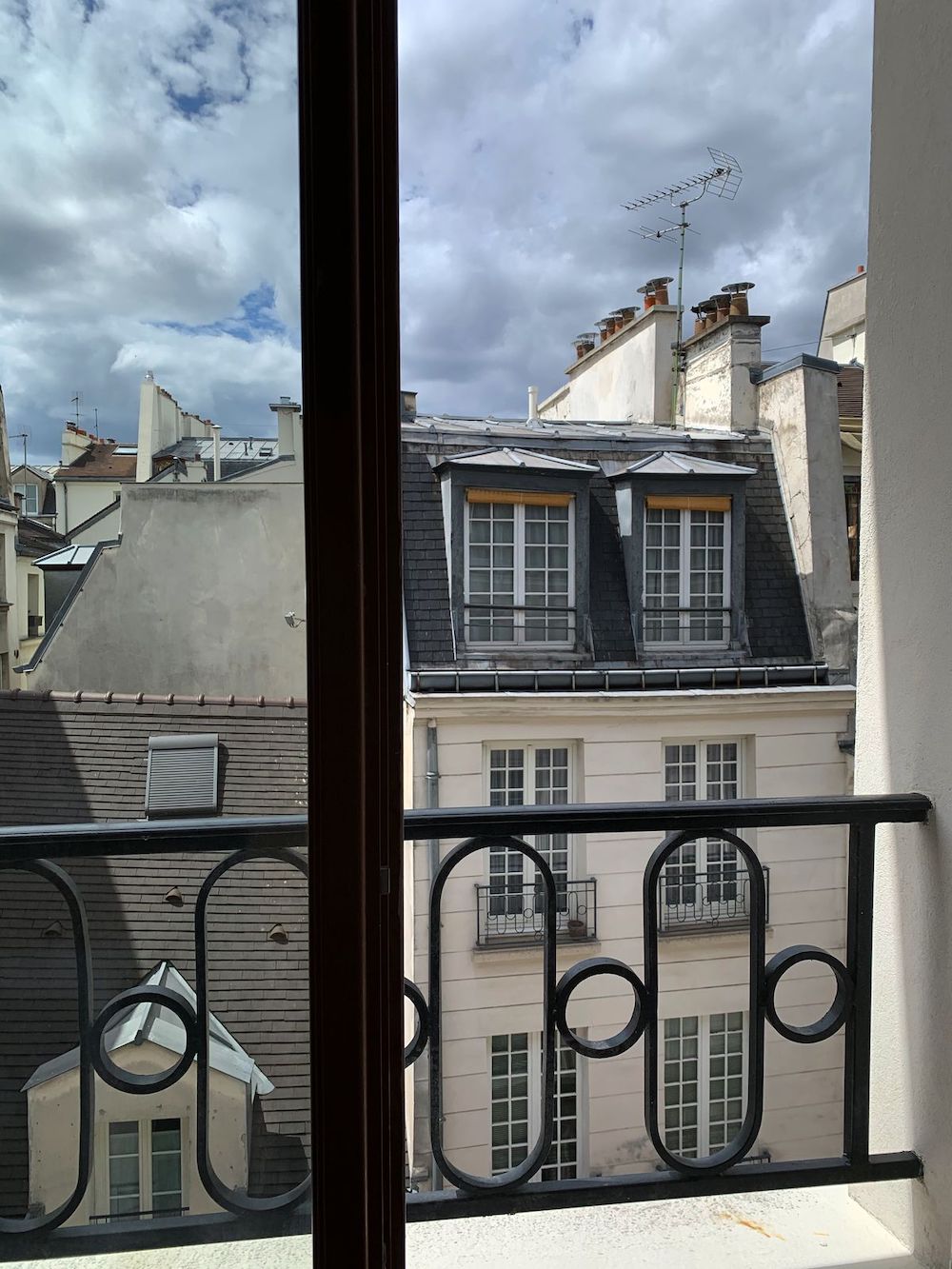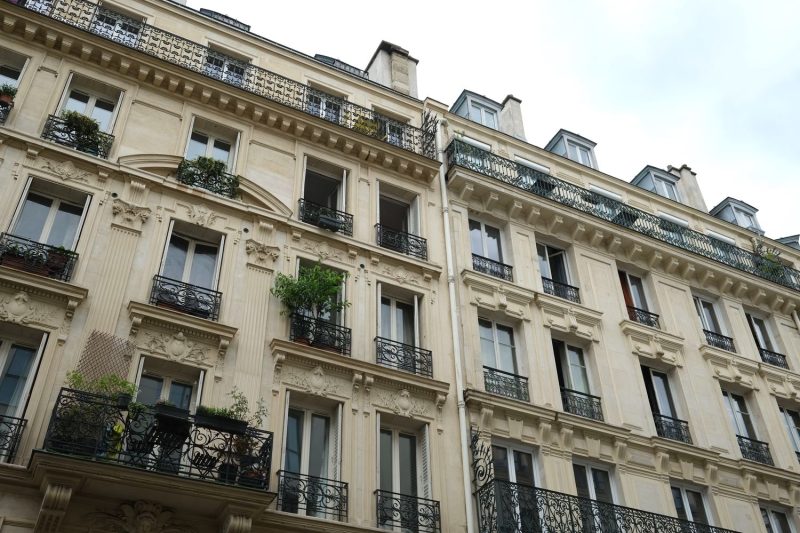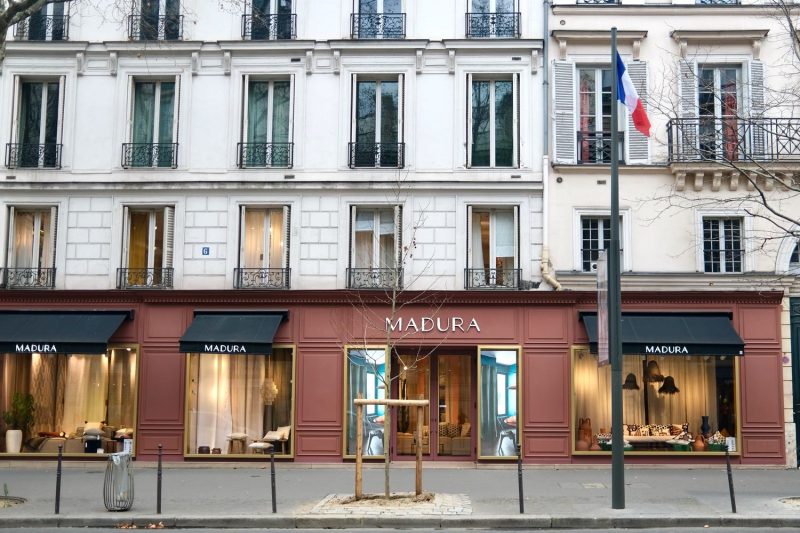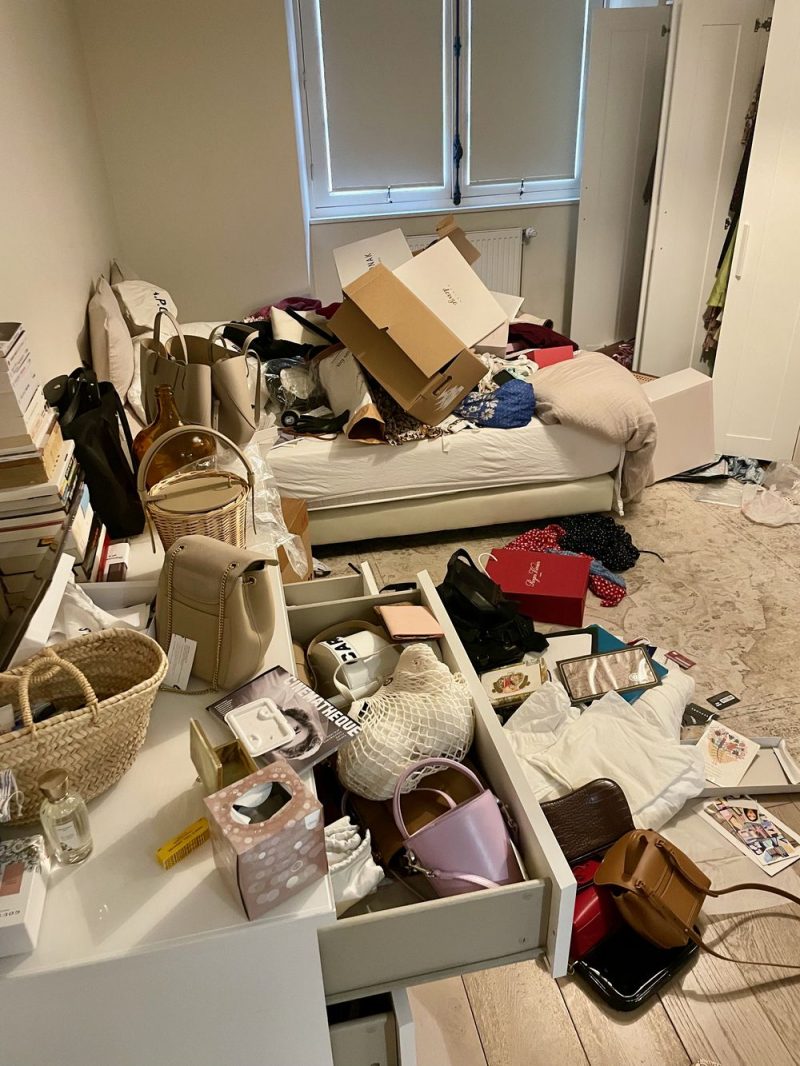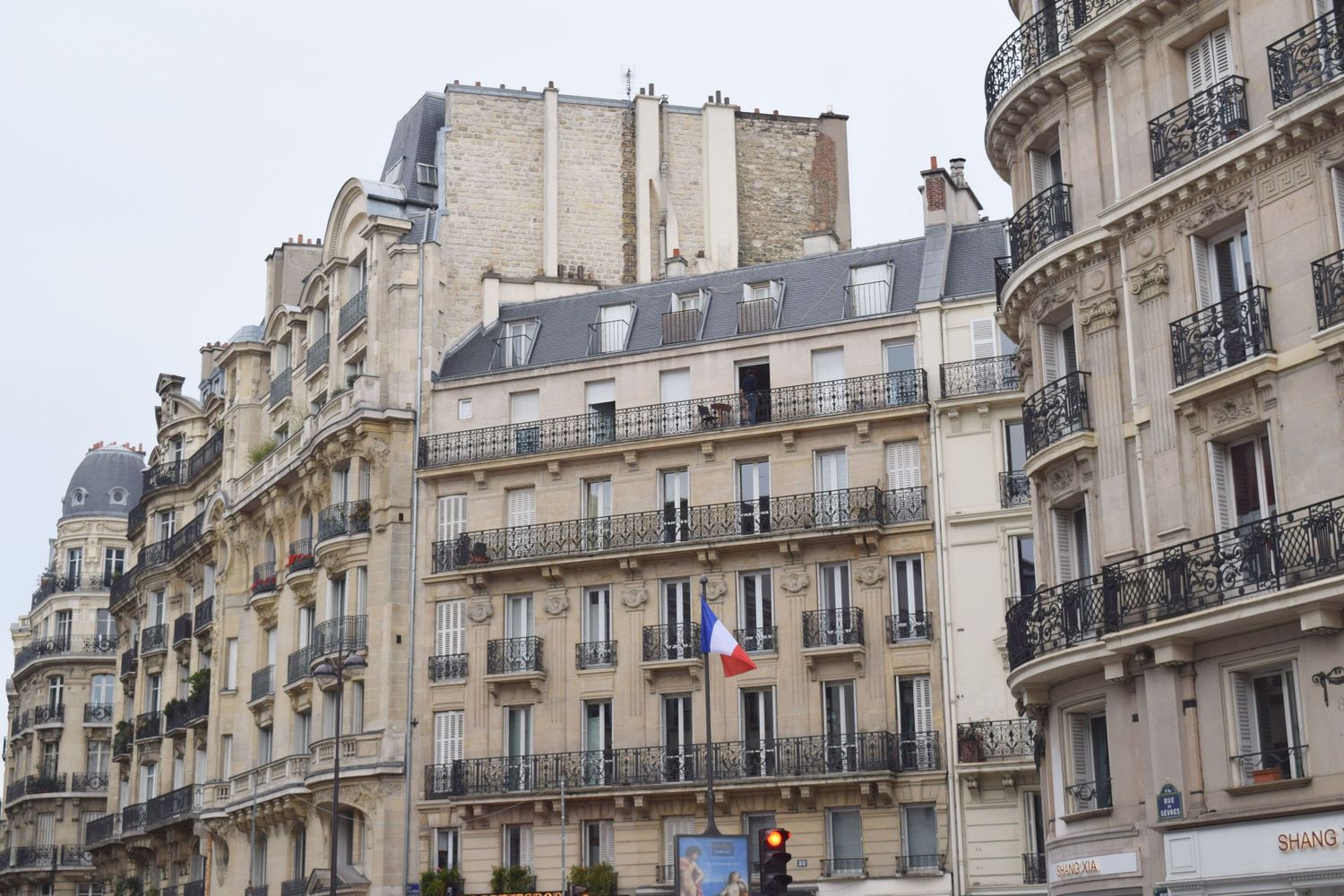13 Differences Between Buying Real Estate in France vs. USA
Culture Travel may earn a commission through links on this website. As an Amazon Associate, we earn from qualifying purchases.
So you decided you want to move to France. Great, now it’s time to find a place to live! Wondering what the differences between buying real estate in the USA vs. France are? Let’s dive into the world of international real estate. I’ve looked for homes in both the US and France and there are loads of major differences between buying property in the romantic, history-laden country of France and the vast, diverse expanse that is the United States.
Navigating the realms of foreign real estate can often feel like stepping into an intriguing yet complex maze, one where the same path can lead to vastly different outcomes depending on your location.
Whether you’re drawn by the captivating charm of a Parisian apartment with a view of the Eiffel Tower or the irresistible allure of a sun-drenched Californian beach house, the processes, rules, and subtleties that govern property purchases in these two countries are significantly different.
In this post, we’ll untangle these differences, from the overarching aspects such as legal systems and financial considerations to the finer nuances, including cultural norms and negotiation tactics. We’ll equip you with valuable insights that will help streamline your international property-buying journey, whether you’re looking for a pied-à-terre in the heart of Provence or a swanky loft in the bustling heart of New York City.
So buckle up, future international homeowners, because we’re about to embark on a deep dive into the thrilling waters of transatlantic real estate! Stay tuned, because you’re in for a property adventure like no other.
France has a High Purchase Tax and Low Annual Taxes, while the US has No Purchase Tax, but High Annual Property Taxes
The biggest difference between the French real estate market and the American real estate market is that France has a high initial property purchase tax (7-8% of the sale price) with low annual property taxes, while the US has no purchase or sales tax when buying a home, but the annual property taxes could be quite high.
The average annual property tax in the United States is currently 1.1% while most French properties only pay around .1 to .3% of the property’s value each year in taxes.
Buyers Don’t Work with an Agent
One of the biggest differences between the American and French systems of finding an apartment is that buyers don’t often work with their own agents. Instead, they deal directly with the seller’s agent for the property they’re interested in acquiring.
Properties aren’t Listed Exclusively
Most properties in France are not listed exclusively with one agent. Sellers work with multiple agents who propose the property to their clients and work to find the best buyer.
There’s No French MLS
What is the French MLS system? There isn’t one! While Americans are used to multiple listing services when buying a home, in France, you need to sort through newspapers, online websites like SeLoger, and peek into real estate agency windows and more to find your own apartment.
Exact Addresses Aren’t Always Listed
The French are very discreet and so the exact property address isn’t always listed in listings online. You’ll need to inquire with the agent first before getting access to location data.
The Listing Price is a Legally Bindable Offer to Sell
Americans are typically shocked to discover that the listing price of a property in France is a legally binding offer. That means if you offer the listing price, the seller is legally bound to accept your offer. For this reason, apartments are priced higher than they will actually sell for and most buyers offer less than the listing price. Even with a mortgage contingency, your offer is good.
The Seller is Almost Always Present During Showings
In France, it’s normal for the seller to be present during showings and visits from prospective buyers.
Properties are Rarely Staged
Staging properties with fancy furniture isn’t a thing in France. You’ll likely see the property in its natural state. Sometimes, they are not even cleaned or organized before viewings!
Listing Agents Represent Both the Buyer and Seller
When a transaction is ready to go, the listing agent will work with both the buyer and seller to finalize the sale. However, they don’t do much work, and it’s really the Notaire who does the majority of the legal work. Both the buyer and seller typically have their own separate Notaire.
Buyer Pays the Real Estate Sales Commission
In France, the buyer is the one responsible for paying the real estate sales agent commission. However, the real estate agency fee is typically included in the listing price, so you don’t have to factor that in additionally. You can also include this fee in your mortgage, so you don’t need to pay it separately.
If you decide to work with an agent as a buyer, you’ll be responsible for paying his or her commission separately. It’s unlikely that the seller’s agent will agree to split the commission for the sale with your agent.
Buyer Pays Most Closing Costs
The buyer is also responsible for paying the French Notaire fees, which is a legal official who oversees contracts between parties. These Notaire fees cover the purchase tax on the apartment and the service fees of the Notaire.
HOA Fees are Low in France
France is a much more affordable country, and thus HOA fees in cities like Paris are much lower than they are in most major US cities. You can expect to pay around 150-300€ per month in building charges in Paris, while in the US, it seems the sky is really the limit, with HOAs surpassing $1,000 in major metropolitans.
Don’t Expect to Rely on Short-Term Rentals
France has cracked down much harder on short-term rentals than the US. If you buy a property in France, don’t expect to make money off it by renting it out short-term while you’re away. Paris has recently prohibited rentals of less than one month for secondary property owners due to the housing shortage and it wouldn’t be surprising if France as a whole were to follow.
